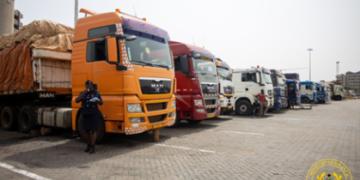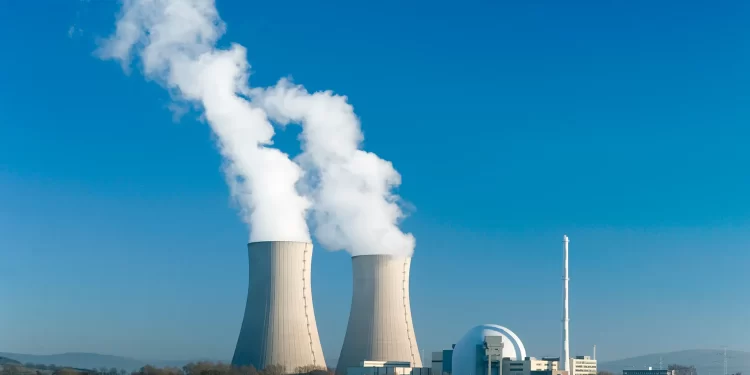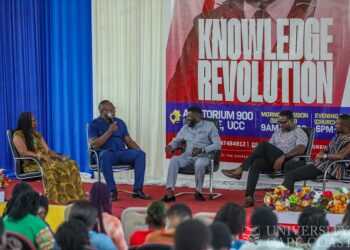Ghana is advancing its nuclear energy ambitions with the selection of vendors from the United States and China to build its first-ever nuclear power plants.
This marks a major milestone in the country’s efforts to diversify its energy mix and boost industrialization.
The U.S.-based NuScale Power, alongside Regnum Technology Group and Japanese partners, has been chosen to construct Small Modular Reactors (SMRs). Meanwhile, the China National Nuclear Corporation will develop a Large Reactor (LR) for the country.
Dr. Stephen Yamoah, Executive Director of Nuclear Power Ghana, revealed the decision during a media briefing in Accra on March 26, emphasizing that while vendor selection has been finalized, no formal contracts have been signed yet.
The framework agreement is in place, and feasibility studies, including environmental and oceanic assessments, are currently underway to determine suitable locations for the reactors.
The Large Reactor (LR) will generate 1,200 megawatts of power, while the SMRs will consist of 12 modules, each producing 77 megawatts, culminating in a total output of 924 megawatts.
The LR will be implemented under a Build, Operate, and Transfer (BOT) model with local equity participation, whereas the SMRs will be financed through Public-Private Partnerships (PPP).
Ghana’s push for nuclear energy is driven by the need to secure a stable, affordable electricity supply to fuel national development.
Currently, the country’s energy mix relies heavily on fossil fuels and hydropower, with renewable energy contributing only one percent.
Mr. Archibold Buah-Kwofi, Acting Director of the Nuclear Power Institute, emphasized the urgency of accelerating nuclear adoption to meet growing energy demands and drive economic growth.
The government aims to add one gigawatt of nuclear power to the national grid by 2034, a move expected to reduce electricity tariffs for industries, sustain economic expansion, offset declining hydroelectric power sources, and support water desalination efforts.
Read Also: EPA issues urgent warning on flood risks as rainy season approaches
Additionally, the initiative is projected to create thousands of jobs and boost local expertise in nuclear technology.
The vendor selection process involved an initial evaluation of 16 companies, which was narrowed down to five before the final two were chosen.
Ghana’s nuclear journey dates back to the 1960s but was disrupted by political instability. The initiative was revived in 2006 with support from the International Atomic Energy Agency (IAEA).
With this latest step, Ghana joins a growing number of African nations embracing nuclear power to enhance energy security and drive industrialization.
As preparations continue, stakeholders are optimistic about the transformative impact nuclear energy will have on the country’s future.




























